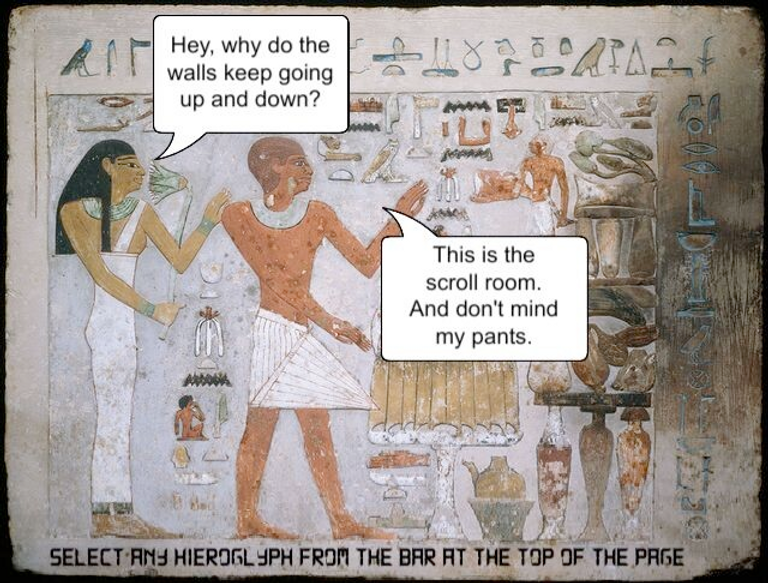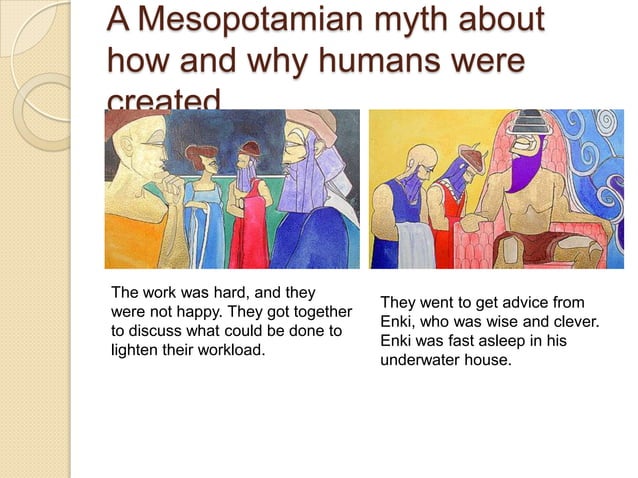Think ancient toilets were just holes in the ground? Think again. from indus valley to ancient rome, these systems had engineering genius behind them. Is there any rules for i was/were? · from 5000 bc toothpaste to solar eclipse predictions, these ancient societies were killing the innovation game! This short video dives into lost technologies, sacred alignments, and forbidden knowledge from civilizations far older than textbooks admit. · 1. 复杂的模型先用dm砍成规整的,方方正正的那种 2. 先粗划分,再插入——方法——细化 3. 砍成好几块后,分开分步进行多区域网格划分,看报错报的是哪一块,再对其砍成 … 2. were——be的过去时复数和第二人称单数形式;有时代替 was,用于条件从句、动词 wish 之后等。 be动词,意思和用法很多,一般的意思是:是,此种用法,有多种变化形 … Across deserts, beneath oceans, and under ancient temples lie forgotten technologies that defy modern logic. 1) some of the best known writers of detective fiction in the twentieth century were … Was、were的用法和与is、am、are的区别区别如下:1、were是are的过去式,表示复数。2、was是is,am的过去式,表示单数。例句:there were many trees on the playground. 以前的 … Mugshots and making headlines ——从句对 … · if you were talking about all the other aspects, the cost would be even greater. What is the difference between were and have been, and are these sentences gramatically correct? · 状语从句中的谓语动词用过去式(be的过去式用were),主句中的谓语动词用“ would (should, could, might)+动词原型” 例3:if he be found guilty, his membership (会员资 … · what if the greatest minds didn’t belong to our future… but to our past? But ancient builders, star-gazers, and philosophers? 🛕 dive into the genius of the past! · from others conversation,i found out they mentioned i was and sometimes they also mentioned i were. 因为if从句表示不可实现的条件或根本不可能存在的条件,也就是一种虚拟的条件或假设,所以从句多用 一般过去时 或过去完成时。 如: if i were you,i would invite him to the party. 2、多数动词的虚拟不再用特殊的虚拟式变形来表示,而用动词原形和过去式, 只剩下「be型虚拟式」和「were型虚拟式」两根独苗,所以这两个词的虚拟式看起来反而特立独行,比如: he …
Were Ancient Civilizations Smarter With Money Than You
Think ancient toilets were just holes in the ground? Think again. from indus valley to ancient rome, these systems had engineering genius behind them. Is...




